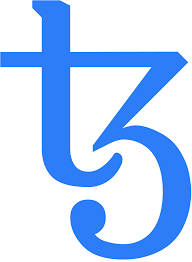What is a Smart Contract?
A smart contract is a set of programmed instructions that automatically executes when certain conditions are met. It is stored on a blockchain, ensuring immutability, security, and traceability. In other words, it is an agreement that requires no witnesses, intermediaries, or interpretation, as it runs autonomously according to pre-defined rules.
At Itrion, we don’t just code these contracts—we design them to fulfil real legal, tax, and operational functions within the applicable regulatory framework.
How do they work?
Imagine an agreement that doesn’t require lawyers to be executed. A smart contract works just like that: if certain conditions are met (for example, receipt of payment, delivery of an asset, or reaching a specific date), the contract is triggered automatically.
This makes it possible to replace bureaucratic processes, digitally sign agreements between parties without prior trust, and reduce costs, delays, and errors in critical operations.
What benefits do they offer?
Smart contracts offer significant advantages for businesses, institutions, and individual users. By eliminating the need for intermediaries, they reduce operational costs and accelerate complex processes.
Thanks to their automatic execution and the traceability provided by blockchain technology, they lower the risk of errors, fraud, or breaches.
In addition, their programmability allows for tailored rules for each use case — from income distribution and access control to identity verification and collateral management.
All of this with greater legal certainty, operational efficiency, and trust for all parties involved.








